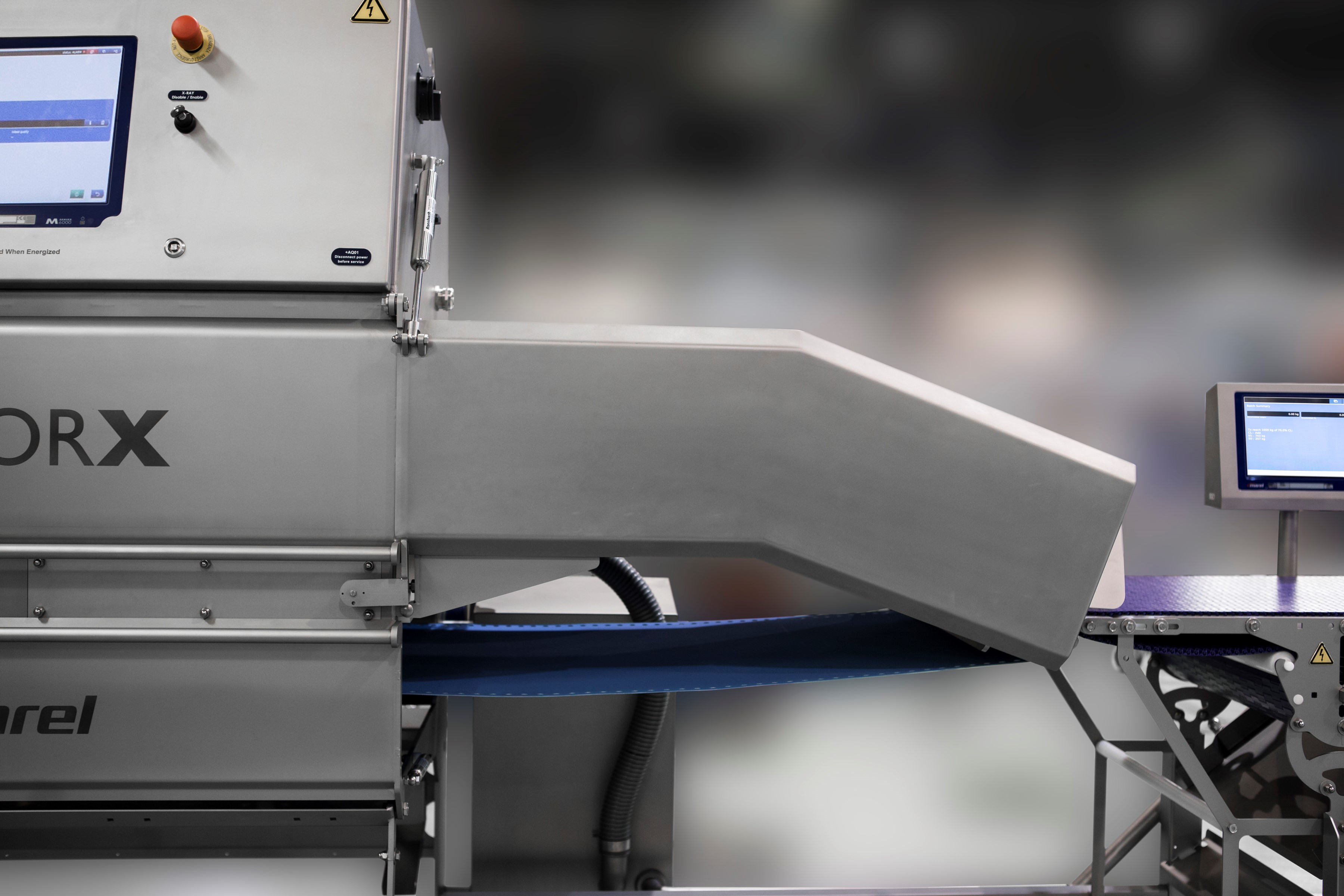The polyethylene dilemma
Polyethylene is a remarkably sturdy, cost-effective and practical material. Perfect for many parts of our equipment that must tolerate heat, cold, tough daily use while withstanding high-pressure washdowns. We use approximately 60 tons per year in our Gardabaer plant alone. The challenge in Iceland is that polyethylene is not recyclable here and is either buried in landfills or shipped for incineration to generate energy for Swedish homes. Obviously, neither option is appealing from an environmental perspective.
Unfortunately, our polyethylene supplier in Germany was reluctant to take back scraps because of contamination. Even a tiny amount of other plastics or foreign material mixed in by accident ruins the entire batch and entails expensive equipment cleaning. A risk that producers are understandably not willing to take.
Actually, polyethylene is a very recyclable plastic. For example, if you send 12 tons of scrap in for recycling, 12 tons will return in sheets (or another form) ready for use. However, producers require assurance that the plastic they take back is 100% polyethylene. For companies like us, that work with a variety of plastics, this was impossible to guarantee. Until now…
